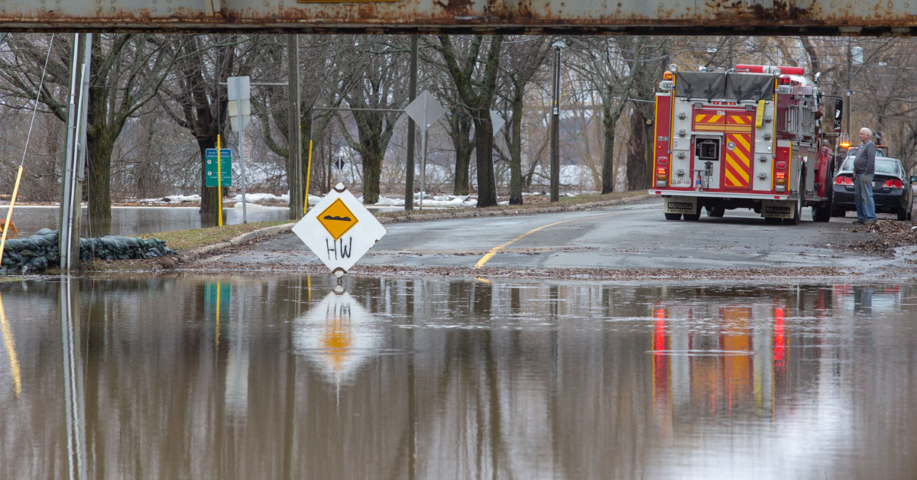Unceded and unsurrendered Wolastoqey/Mi’kmaq/Peskotomuhkati territory/Fredericton – The Conservation Council of New Brunswick issued the following statement with respect to today’s Supreme Court of Canada decision that a national price on carbon pollution is constitutional:
“We welcome today’s decision—it is a ruling grounded in evidence-based science and reflecting the duty of governments across Canada to ensure the health and safety of citizens in the face of climate change,” says Executive Director Lois Corbett. “It’s time for the Higgs Government to get on with the serious job of helping New Brunswickers reduce their carbon pollution, make their homes and businesses more energy efficient, and invest in clean, renewable energy.”
The 6-3 decision by Canada’s top court confirmed that national, coordinated action to price carbon is constitutionally-sound and essential to address climate change, which the court called a “threat of the highest order to the country, and indeed the world.”
“The Supreme Court ruling is a win for climate action,” says Dr. Louise Comeau, Director of Climate Change and Energy Solutions. “We call on the federal government to now ensure it applies its carbon pricing backstop consistently across all jurisdictions and to no longer permit provinces like New Brunswick to undermine the effectiveness of carbon pricing through reductions in other taxes or low emissions standards for industry. It is time to decarbonize and electrify our economies over the next 10 years to stay within the reality of a rapidly declining global carbon budget.”
You can read the full Supreme Court of Canada decision here.
Earlier this month, the Conservation Council called on the Higgs Government to make a better plan for how carbon pricing revenue is spent in New Brunswick, including recommendations to:
- Commit to a new renewable energy standard, with 80 per cent of New Brunswick’s power coming from renewables by 2030; provide incentives to help make it happen.
- Significantly increase our commitment to low-income energy-efficiency retrofits with a focus on ‘deep retrofits.’ A deep retrofit improves a home’s EnerGuide rating by 50 per cent or more. Currently, retrofits are achieving shallow improvements. Increase the province’s contribution to NB Power’s Low-Income Retrofit program so larger grants are allocated to deep retrofits of low-income households.
- Increase investment in deep retrofits of households and buildings owned by small businesses, including getting off oil. Focus on achieving at least a 50 per cent improvement in the EnerGuide rating. The federal government has committed to offering up to $5,000 to retrofit 700,000 homes across the country. If the Higgs government and NB Power matched this incentive, up to $10,000 could be available for the deepest retrofits. The province could also consider creating a pool of funds to offer low-interest loans that include a forgivable portion scaled to deep retrofits.
- Use existing federal programming to deliver electric vehicles (EVs), plug-in hybrids and e-bike incentives through dealerships to put 20,000 EVs on the road over the next 10 years. We could match Nova Scotia’s $3,000/vehicle. Combined with the federal grants of up to $5,000 per vehicle, $8,000 could help get less polluting vehicles on the road. Dealerships currently handle all the paperwork for consumers under the federal program; we can deliver New Brunswick’s incentive the same way.
- Target provincial fleets for EV conversion: government (municipal and provincial, transit), as well as taxis and delivery vehicles to reach 200 electric vehicles per year.
- On the infrastructure front, introduce household-focused programming to help citizens deal with extreme weather events related to climate change, such as flooding. In our province, only Moncton offers incentives for homeowners to install backflow valves in basements to prevent sewer backups and make communities more resilient to floods.
- Invest in implementing all community adaptation plans.
-30-
For more information or to arrange an interview, contact:
Jon MacNeill, Communications Director, Conservation Council of New Brunswick: jon.macneill@conservationcouncil.ca | 506-238-3539

